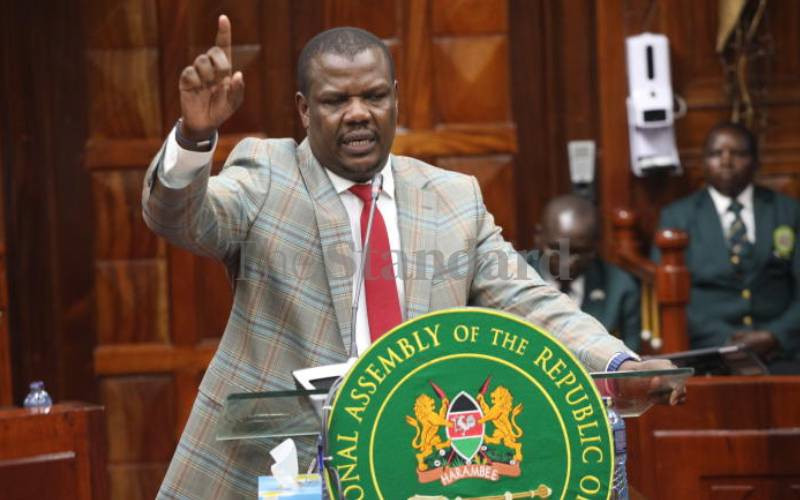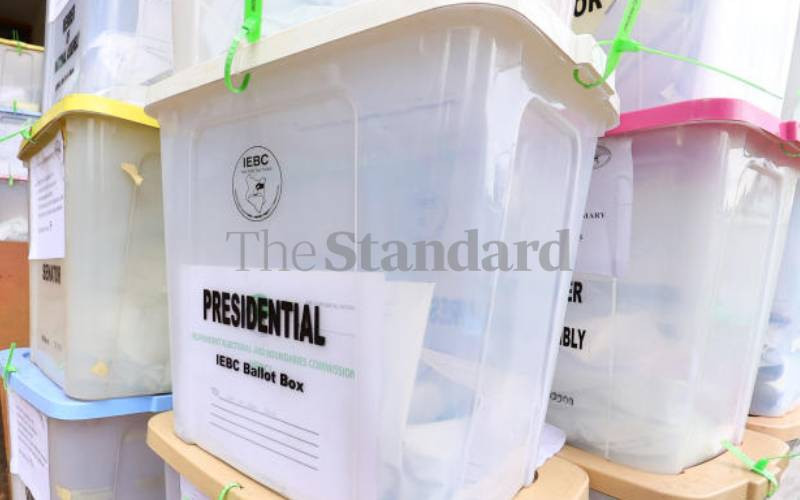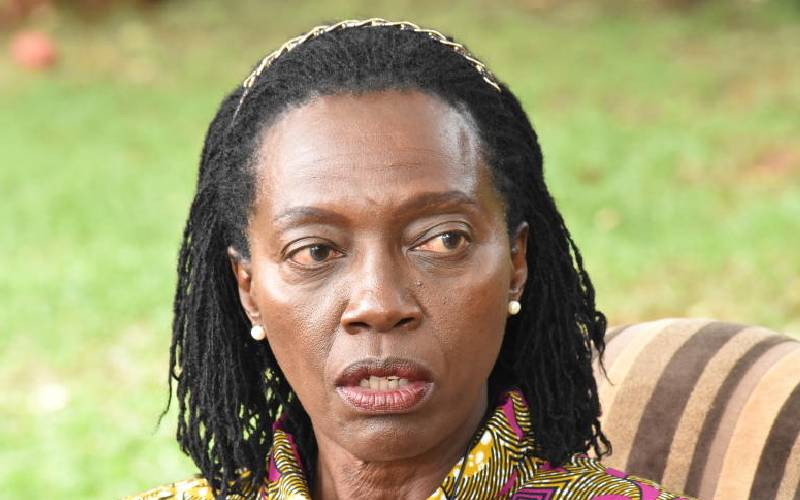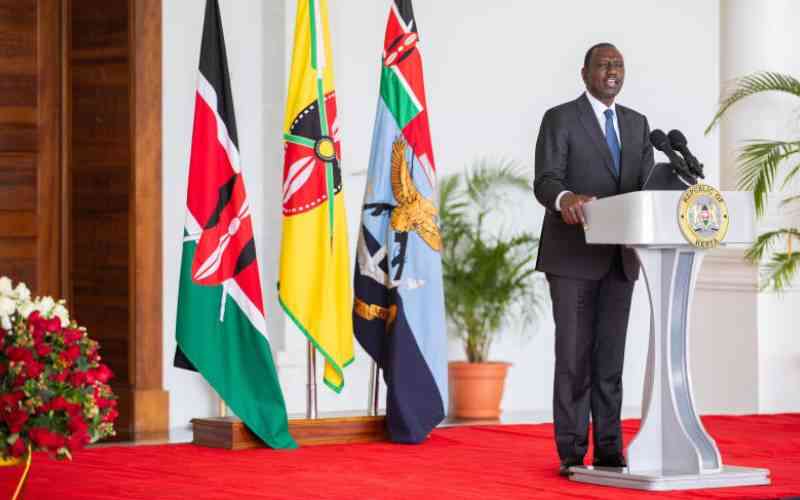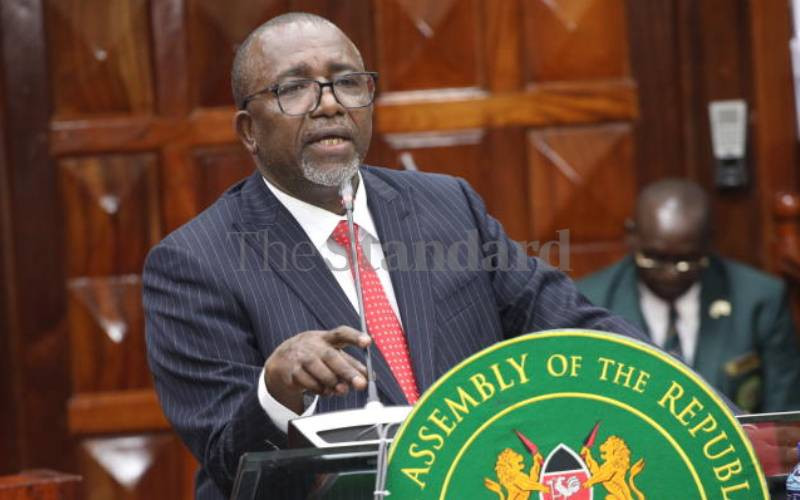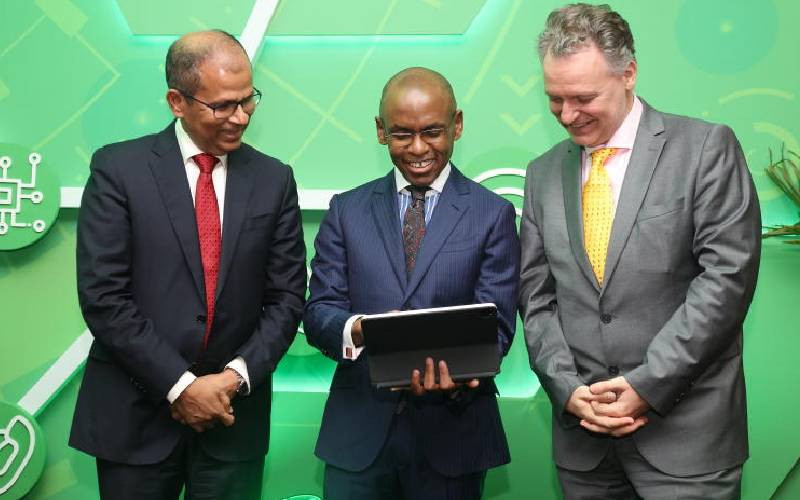Kenyans have failed to establish a nation state; the main ingredient to a truly harmonious, peaceful and democratic co-existence. Ours is a conglomeration of tribal nationalities handed down to us from colonial boundary marking, and which we have collectively failed to forge into a homogenous unit glued together by true nationalism and unrelenting patriotism. We have been misled by political frauds to view each other as “rival” tribes and “enemies” in political contest of the elites. Kenyans are dangerously pre-conditioned to hate each other and view each other with tribal suspicion and mistrust.
Sadly, a majority are blinded by the sentiments of the shrewd political elites, to whom divide-and-rule is the only tool they have to use in attaining or retaining political power. When progressive countries are discussing politics on the platform of issues, ideas and ideologies, we Kenyans are busy discussing tribes and how to form tribal coalitions to either retain or capture political power. These divisive activities are led by tribal elites in every group. In doing so, they effectively lock out anyone who is not elitist in the race for political power.
In effect, this means that, if you are born outside the elite circle of your tribe, you’ll never come anywhere near political power, not even smelling an appointment to public office. The problem is that, we are made to believe that when politicians get political power, we have also achieved the same by default. I have tried to analyze the cause of political violence, for instance in 2007/2008, the recent IEBC contest and all the political violence incidences you’ve ever heard of. There’s nothing being contested that benefits the ordinary Kenyan directly. All turn out to be issues of benefit to only politicians.
In 2007/2008, it turned out they were inciting us to kill each other so that they can share political power. In every contest where lives of poor innocent Kenyans are taken as “collateral damage”, it always turn out that the contest is about elections or appointment to public office. No where will you see the politicians leading Kenyans to agitate about issues that directly touch on lives of the ordinary Kenyan.
Figure this: The unemployed graduate who is doing odd jobs to make ends meet; the “mama mboga” and hawker along the streets who is harassed by “Kanjo” for his/her only crime of fetching for themselves; the poor peasant in the rural farms who is doing subsistence farming because it’s expensive to venture into agri-business; the poor slum dweller in the urban areas who was forced by hardships of life to opt for informal settlement where life is relatively “cheaper”. Who will lead Kenyans in fighting for the wellbeing of these groups? Who will lead Kenyans in calling for structural changes that would reduce the cost of living, ensure fair prices for commodities, create more employment, and make education at all levels affordable as opposed to just being accessible?
The politicians will not allow Kenyans to shape political discourse along this alternative line, because then, politics will have to be based on purely ideological grounds. This would be a spoiler to their divisive game of tribal hatred. Their divide-and-rule game would backfire on them when Kenyans finally realize that there are only two tribes in the system; the haves (led by the political class), and the have-nots (who are the often misled voters).
 The Standard Group Plc is a
multi-media organization with investments in media platforms spanning newspaper
print operations, television, radio broadcasting, digital and online services. The
Standard Group is recognized as a leading multi-media house in Kenya with a key
influence in matters of national and international interest.
The Standard Group Plc is a
multi-media organization with investments in media platforms spanning newspaper
print operations, television, radio broadcasting, digital and online services. The
Standard Group is recognized as a leading multi-media house in Kenya with a key
influence in matters of national and international interest.
 The Standard Group Plc is a
multi-media organization with investments in media platforms spanning newspaper
print operations, television, radio broadcasting, digital and online services. The
Standard Group is recognized as a leading multi-media house in Kenya with a key
influence in matters of national and international interest.
The Standard Group Plc is a
multi-media organization with investments in media platforms spanning newspaper
print operations, television, radio broadcasting, digital and online services. The
Standard Group is recognized as a leading multi-media house in Kenya with a key
influence in matters of national and international interest.

